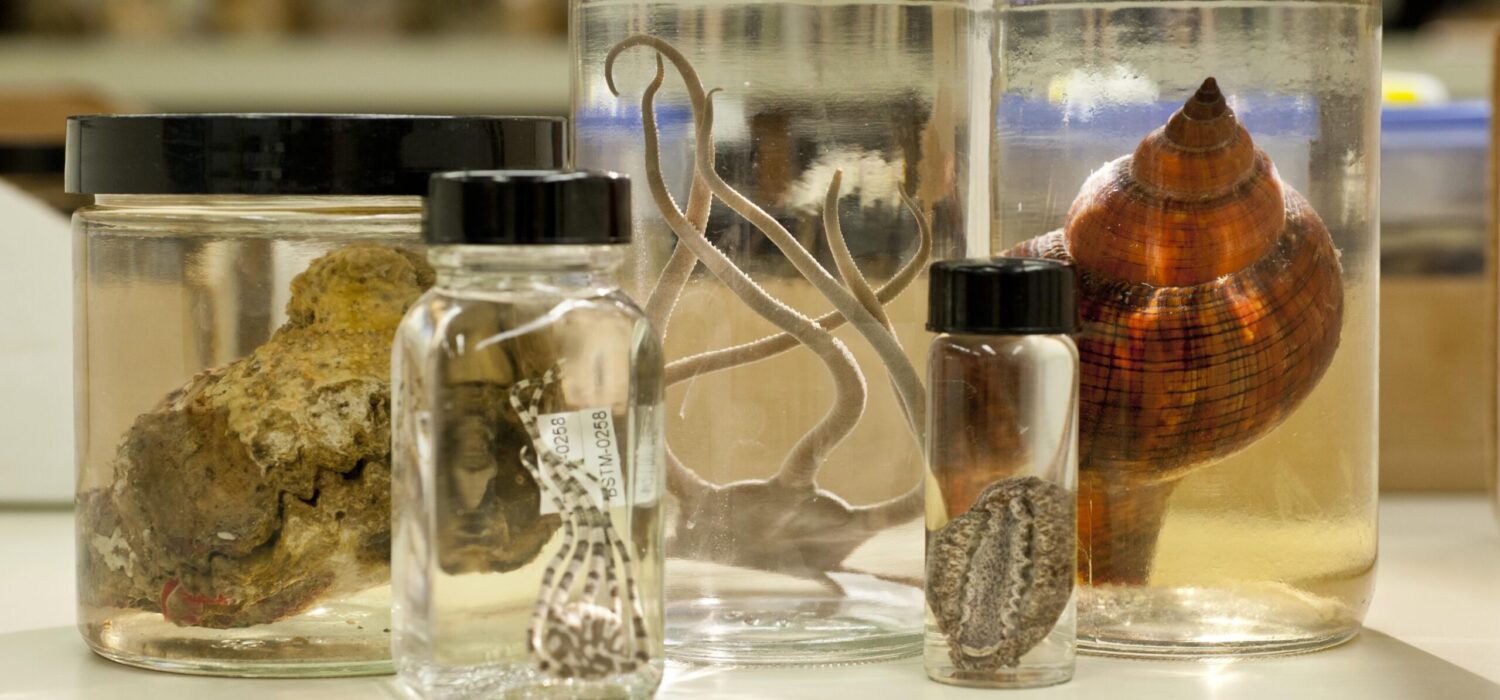The Natural Science Collections Alliance has submitted testimony to the House and Senate Appropriations Committees, requesting Congress to provide the National Science Foundation with at least $11.9 billion in FY 2025. The testimony highlights the importance and role of natural history collections in improving public health, agricultural productivity, natural resource management, biodiversity conservation, and American economic innovation and productivity.
“The institutions that care for scientific collections are important research infrastructure that enable other scientists to study the basic data of life; conduct biological, geological, anthropological, and environmental research; and integrate research findings from across these diverse disciplines,” reads the testimony.
“We were encouraged by the passage of the CHIPS and Science Act, which recognized biological collections as a research priority and authorized critical increases in NSF’s budget,” noted NSC Alliance. “However, we were disappointed by NSF’s FY 2024 appropriation, which was 8% below its FY 2023 budget. This cut ignores the CHIPS and Science Act, which demonstrated bipartisan commitment to our nation’s scientific and technological enterprise. We urge Congress to follow through on the promise of this historic law by funding NSF as close as possible to the authorized levels.” NSC Alliance’s requested funding level of at least $11.9 billion aligns with the FY 2023 authorization for NSF in the CHIPs and Science Act.
Read the testimony submitted to the House. An identical version was submitted to the Senate.

